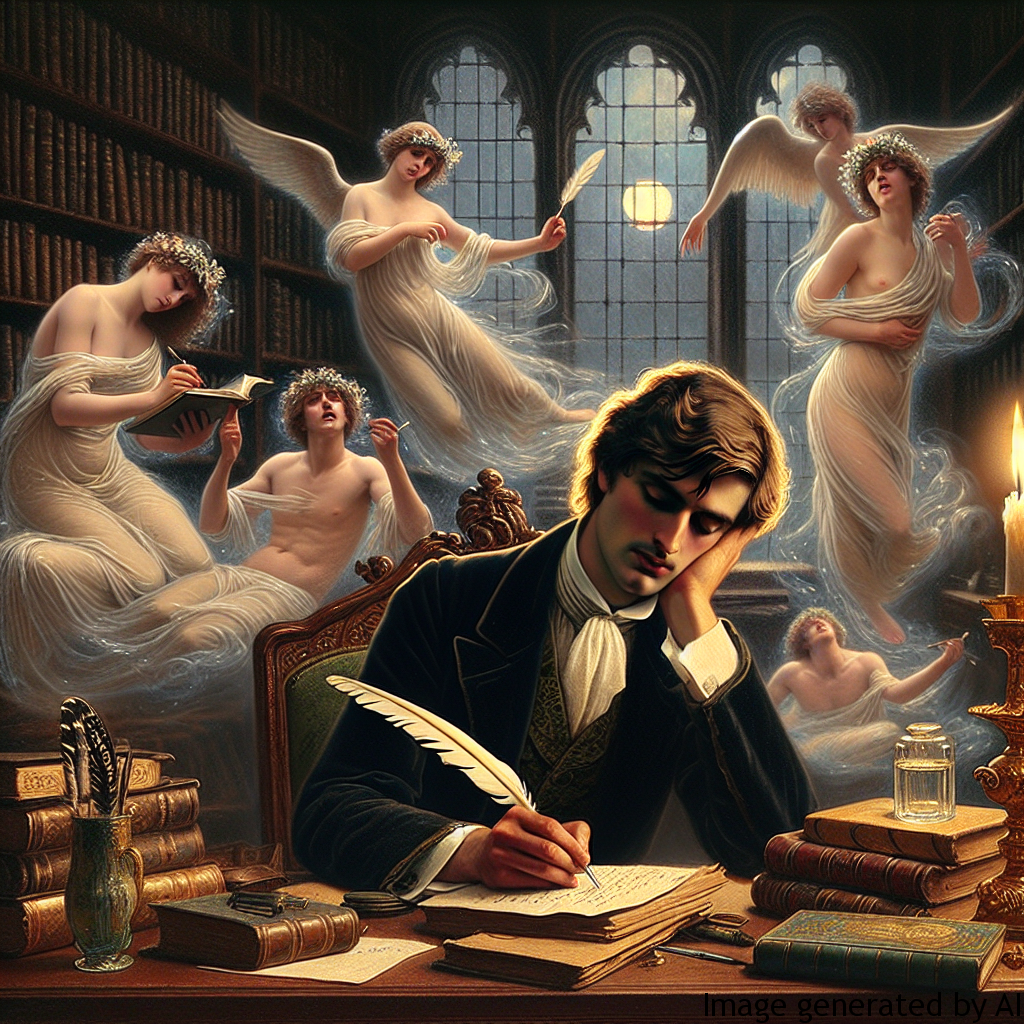Introduction
George Gordon Byron, known commonly as Lord Byron, was an English poet who remains one of the most influential figures in the Romantic Movement. Known for his passionate and turbulent love affairs, Lord Byron’s muses often became the subject of his renowned poetic works. His relationships, soaked in both romance and tragedy, inspired many of his masterpieces and provided a vehicle for Byron to express his emotional tumult and psychological struggles. This article will delve into the exploration of Lord Byron’s muses, the impact of societal gender expectations on his psychological health, and how gender roles can significantly influence men’s lives.
The Impact of Gender Expectations on Men’s Psychological Health
Societal Pressures
Societal expectations and imposed gender roles often play a significant role in an individual’s psychological well-being. For Lord Byron, the traditional expectation of masculinity might have imposed immense pressure on him. As an emblematic figure of the Romantic period, Byron was expected to exemplify the emotional depth and sensitivity associated with the Romantic ethos but at the same time adhere to traditional norms of masculinity, such as emotional stoicism and physical valor.
Lord Byron’s Struggle
In the case of Lord Byron, his life was marked by a struggle to reconcile these dual expectations, which often translated into his poetry. This emotional tug of war may have caused psychological distress, as he constantly felt the need to conform to the societal ideal of masculinity, while at the same time confronting the romantic and sensitive aspects of his personality.
Examples of How Gender Roles Can Influence Men’s Lives
Byron’s life offers an example of how men can be negatively impacted by societal gender roles. His numerous relationships with women, as informed by his romantic tendencies, often cast him in a light of scandal and intrigue. Yet, his attempts to adopt the stoicism emblematic of traditional masculinity only served to exacerbate his emotional struggles.
Byron’s tumultuous relationship with his half-sister Augusta Leigh is a case in point. It was a relationship submerged in Romantic intensity, but at the same time tarnished by societal condemnation due to the perceived immorality. This situation amplified Byron’s psychological distress, resulting from his battle with societal gender norms.
Advice for Improving Psychological Health Considered With Gender Roles
Identifying and acknowledging the harmful impacts of stereotypical gender expectations is the first step towards improving psychological health. Men, like Byron, should be encouraged to express their emotions without fear of judgment or criticism.
Challenging societal norms is also crucial. Recognizing that sensitivity and emotional depth do not negate masculinity but rather expand its definition allows for a healthier approach to mental well-being. Romanticizing relationships with muses, as Byron did, should not be attached to scandal but rather celebrated as an expression of human emotion and creativity.
Conclusion
Lord Byron, though an emblematic figure of the Romantic period, grappled with the gender roles and norms of his time. His life was a testament to the immense psychological turmoil that this struggle can inflict on individuals who are caught in the intersection of societal expectations and personal emotional truth. By studying Byron’s life and relationships, contemporary society can glean valuable insights into the importance of redefining masculinity, rejecting harmful stereotypes, and embracing emotional depth for the improved psychological health of men.

